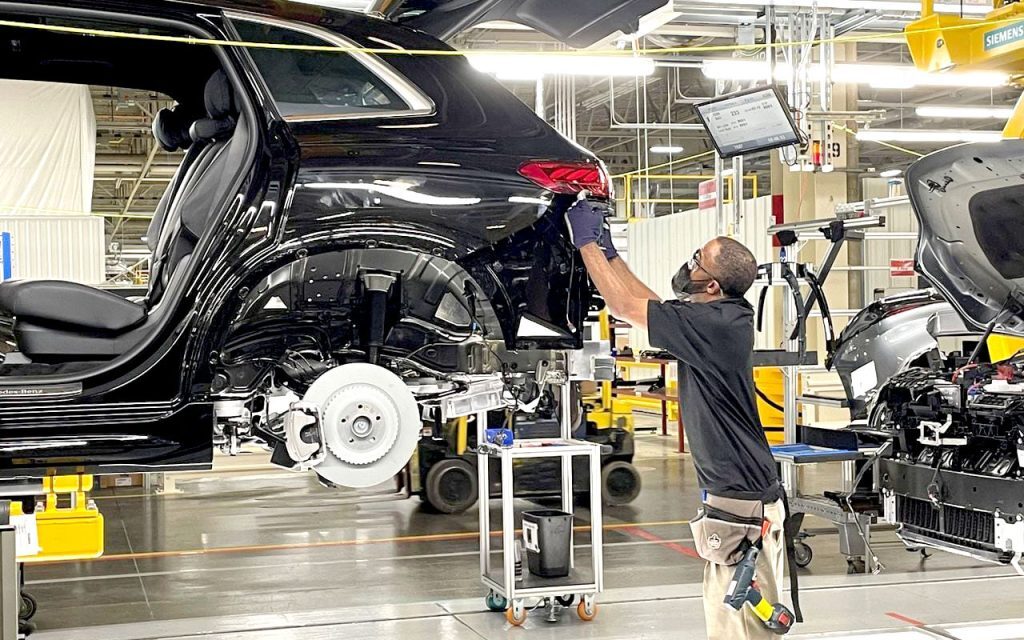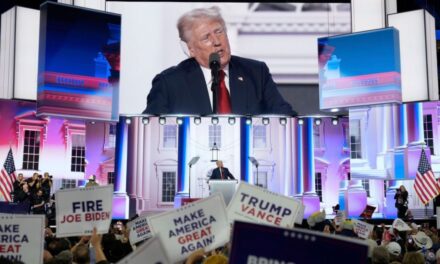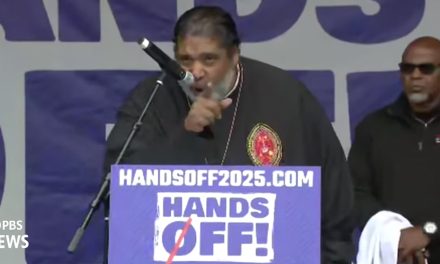The CEO of Mercedes-Benz’s Vance plant told employees last week at a mandatory meeting that workers “shouldn’t have to pay union dues that generate millions of dollars per year for an organization where you have no transparency where that money is used.”
Bloomberg, which reported it had obtained a recording of the meeting, said Michael Göbel, who oversees production in North America for the automaker, also told workers he doesn’t believe “the UAW can help us to be better.”
The remarks come as the United Auto Workers have targeted Mercedes, as well as Hyundai’s Montgomery plant, in an effort to organize Southern automotive factories that have historically resisted unionization efforts.
“I believe you shouldn’t have to go through strikes, years of negotiation, or complicated processes to communicate and resolve conflicts,” Göbel said.
Last week, the UAW executive board committed $40 million over the next two years to fund its organizing push among non-union auto and electric battery workers, concentrating some of the money in the South.
Mercedes-Benz said the meeting covered several topics.
“In addition, our CEO gave his opinion on the UAW’s current campaign,” company spokesman Edward Taylor told Bloomberg. “In doing so, he emphasized that the decision on unionization is ultimately up to each individual team member and we must respect each other’s opinions.”
Mercedes “will continue to share facts and opinions through open and direct communication to support our team members in making an informed decision.”
Göbel said that employees should “all respect different opinions and different viewpoints” and to not let the team become divided.
UAW announced over the last month that it has signed up more than 30% of workers in Vance and Montgomery, and more than half at a Volkswagen plant in Chattanooga. The goal for the union is 70% membership, at which time the union says it can begin collective bargaining.











